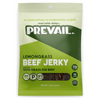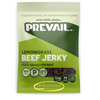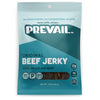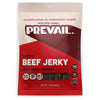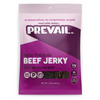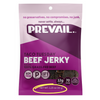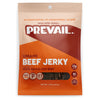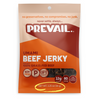How Cattle Farming Can Help Save the Earth

Cattle farming has been criticized as being one of the leading causes of climate change due to livestock's greenhouse gas emissions. However, recent studies and research have shown that cattle farming, when done right, can help save the Earth. In this blog post, we will explore how cattle farming can positively impact the environment and contribute to cleaning the planet. We will also discuss how sustainable cattle farming practices can help combat climate change, preserve natural resources, and create healthy ecosystems that benefit all living beings.
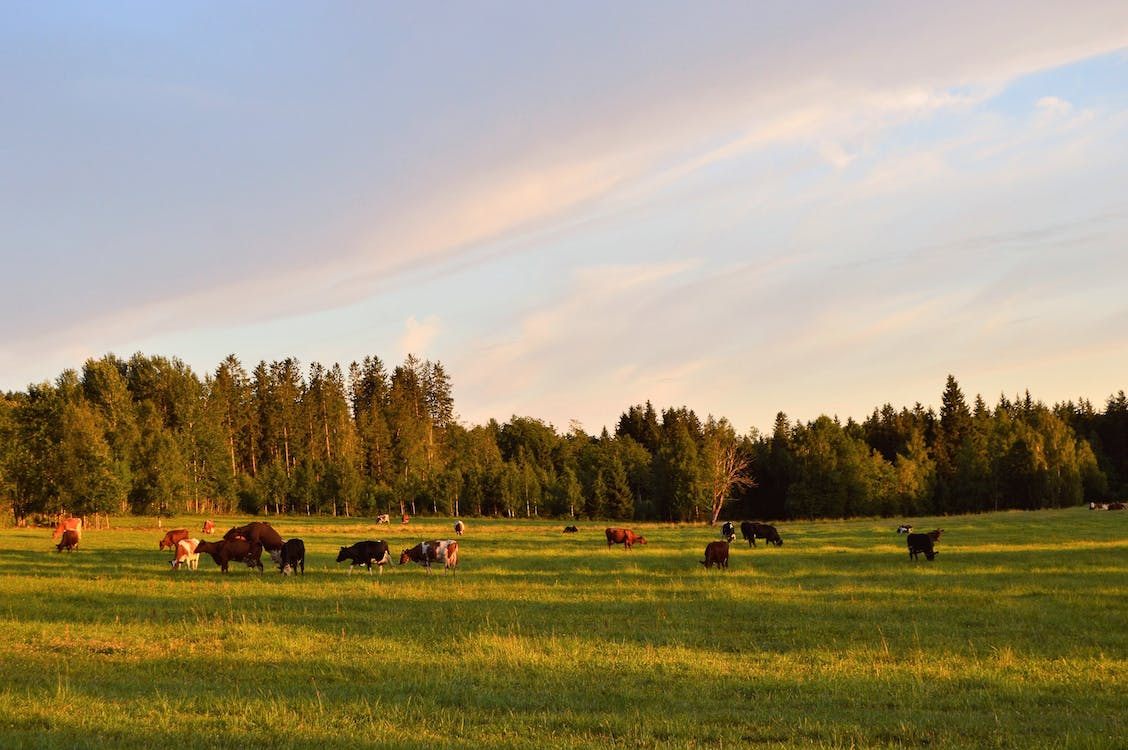
What is Cattle Farming?
Cattle farming is the practice of raising and breeding cows for various purposes, such as for beef production or for dairy products. There are two main types of cattle that are farmed: beef cattle and dairy cattle. Beef cattle are raised specifically for their meat, and the beef production industry is a significant aspect of the agricultural economy. On the other hand, dairy cattle are bred for milk production and are commonly seen on dairy farms.
Both types of cattle require significant resources and attention from cattle farmers, who must provide food, water, and proper living conditions for the animals. The cattle farm industry is crucial for food production, as beef and dairy products are staples in many households worldwide. Today, modern cattle farming practices allow for increased efficiency and better conditions for the animals, benefiting both farmers and consumers alike.
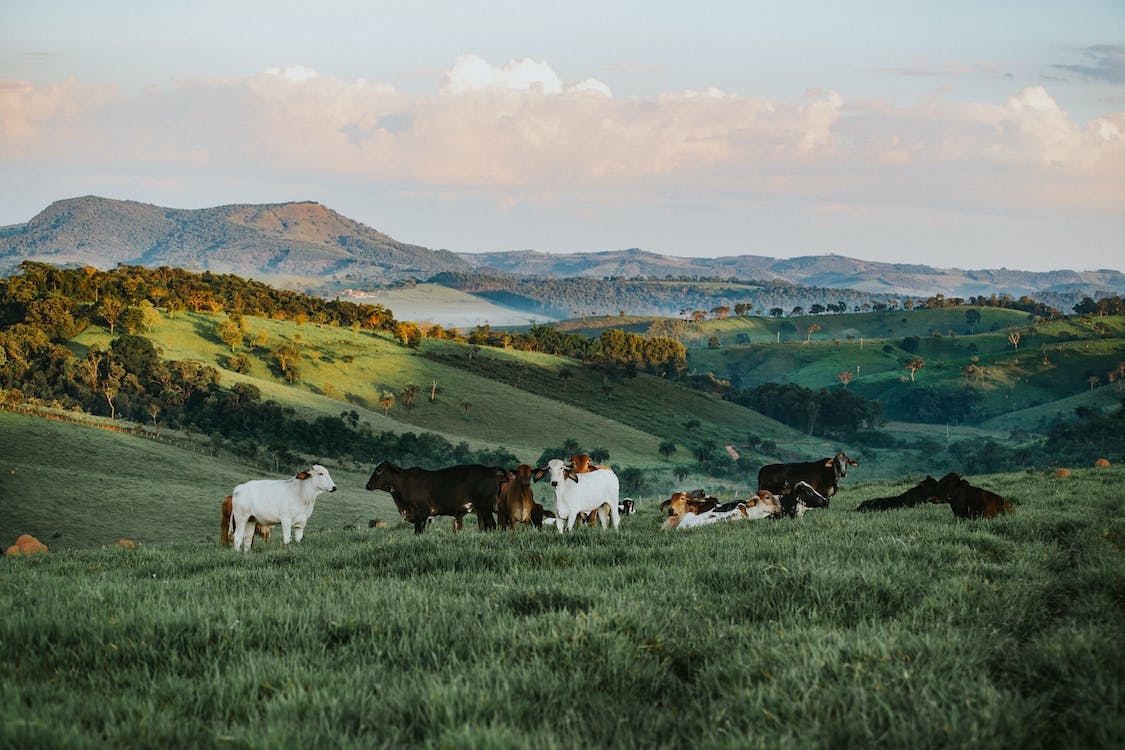
How Raising Cattle Can Save The Planet
Cattle farming may not be the first thing that comes to mind when thinking about solutions to the world's environmental challenges. However, when managed properly, raising cattle can have a positive impact on the planet. Maintaining cattle health on cattle farms can help minimize the use of antibiotics which can lead to air and water pollution from runoff.
Additionally, raising cattle can contribute to reducing greenhouse gas emissions when farmers use techniques such as rotational grazing and carbon sequestration. By maintaining a balance between the environment and the economy, cattle farming has the potential to create a sustainable future for all.
Sustainable Grazing Practices
One of the most significant benefits of cattle farming is sustainable grazing practices that help in carbon sequestration and soil restoration. When managed correctly, grazing can help remove excess carbon dioxide from the atmosphere and store it in soil. Grazing also promotes ecological diversity and plant growth, reduces soil erosion, and improves the structure and quality of soil.
Working with Nature
Cattle farming can mimic and work with natural ecosystems, facilitating the recovery of degraded lands. This can be done through rotational grazing, where cattle are moved to different areas regularly, allowing the pasture to regenerate while preventing overgrazing. Rotational grazing improves pasture productivity and creates a healthier ecosystem for wildlife, plants, and microorganisms.
Reducing Food Waste
Cattle farming can help reduce food waste by utilizing foodstuffs that would otherwise be discarded. Cattle can feed on food and feed byproducts, such as brewer's grains, distillers grain, and corn husks, which are high in nutrients. Using byproducts as cattle feed reduces dependence on traditional feeds, thus reducing the environmental impact and creating a sustainable food supply chain overall.
Natural Fertilizer
Cattle manure is a natural fertilizer that enhances soil and plant growth. Organic matter and nutrients from the manure improve soil biodiversity and promote the growth of beneficial microorganisms that enhance the soil's health. The use of natural fertilizers reduces dependence on synthetic fertilizers, which contribute to pollution, nutrient runoff, and soil depletion.
Employment Opportunities
Cattle farming provides job opportunities in the livestock industry in rural areas and supports local economies. In countries, such as Brazil, cattle farming contributes significantly to GDP, and most of the workforce is made up of smallholder farmers. Supporting sustainable cattle farming practices ensures that these communities and families can generate revenue, maintain their land in a healthy state, and support their families.
The Benefits of Eating Ethically Raised Beef Cattle
Choosing what we eat has a powerful impact on our health and the world around us. While many people are familiar with the concept of eating organic, there is also a growing interest in eating beef that is raised in an ethical way. Ethically raised beef comes from cattle that are raised in a humane, sustainable manner, with a focus on environmental conservation and animal welfare.
The quality of the beef we consume has a significant impact on our health. Ethically raised beef is typically grass-fed, meaning it is higher in heart-healthy omega-3 fatty acids and lower in cholesterol than conventionally raised beef. Grass-fed beef is also rich in antioxidants and vitamins, which can help reduce the risk of chronic diseases such as cancer, heart disease, and diabetes.
In addition to the health benefits, ethically raised beef tastes better. The flavor of grass-fed beef is richer and more complex than conventionally raised beef, providing us with a more satisfying eating experience. Ethically raised beef is also free from the hormones, antibiotics, and chemical additives that can be found in conventional beef, making it a healthier and safer choice.
Choosing ethically raised beef also has a positive impact on the environment. Sustainable farming practices, such as rotating pastures, using composted manure, and reducing chemical usage, help preserve soil health, improve water quality, and reduce environmental pollution. Ethical farmers also prioritize biodiversity, protecting wildlife and preserving natural habitats, which is essential for maintaining a healthy ecosystem.
By choosing ethically raised beef, we are supporting local farmers and communities. Smaller family-owned farms that prioritize ethical farming practices often rely on sales to local customers. As a result, consumers who choose to buy ethically raised beef are helping to create a sustainable local economy, ensuring that small family farms can continue to operate and provide fresh, healthy food to our communities.
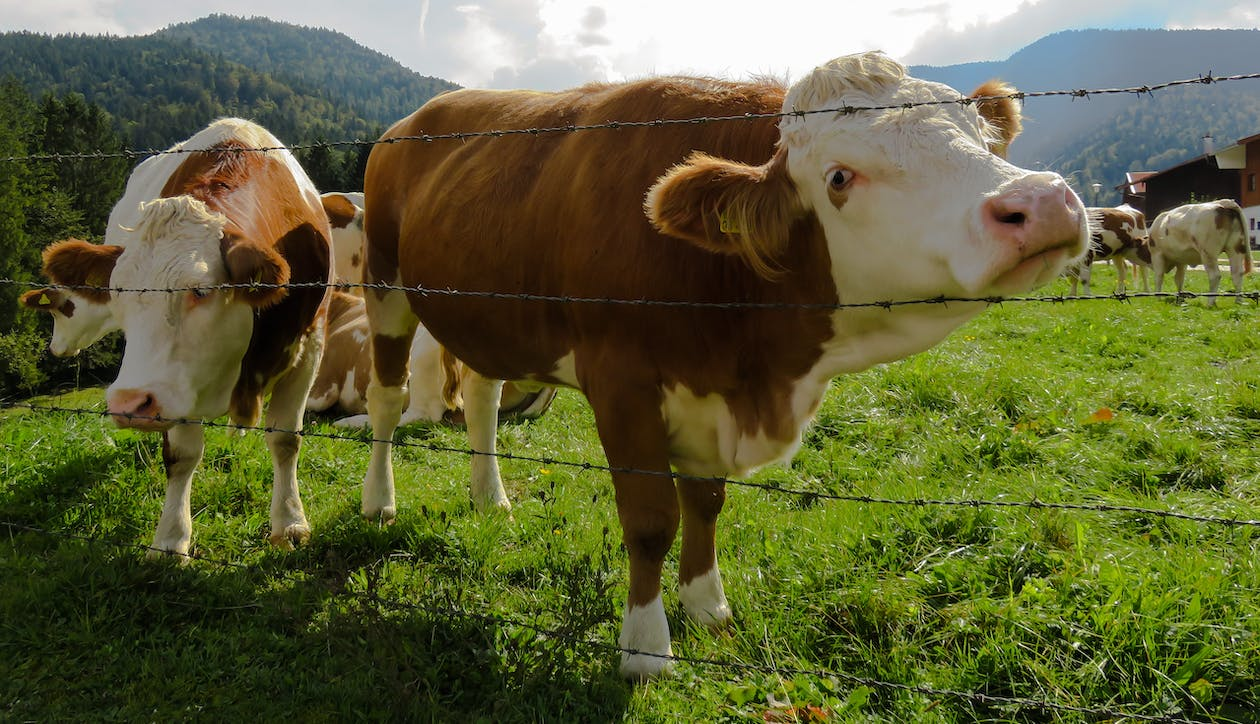
Supporting Ethical Cattle Farms - Here's What You Need to Know
With increasing awareness about animal welfare and environmental conservation, ethical cattle farming practices have started gaining momentum. People are now more conscious about where their meat comes from and how the animals were treated. If you want to support ethical cattle farms and make a difference, here are some things you should know.
Look for Labels
One of the easiest ways to find ethical cattle farms is by looking for labels. Certain labels like "Certified Humane" or "Animal Welfare Approved" certify that the meat comes from farms which meet specific animal welfare standards. These labels may also ensure that the cattle were not given antibiotics or hormones, or were raised without any added chemicals. When shopping, make sure to look out for these labels.
Buy From Local Farmers
Another way to support ethical cattle farms is by buying from local farmers. Small-scale farmers typically have fewer cattle and are more likely to prioritize animal welfare. By buying locally, you not only support ethical farming practices but also contribute to your local economy. Shopping at farmers' markets or joining a Community Supported Agriculture program can help you connect with local cattle producers.
Choose Grass-Fed Beef
Grass-fed beef is not only better for the environment but also tends to come from more ethical farming practices. Unlike conventional beef cattle farming, where animals are kept in feedlots and given grain-based feeds, the grass-fed beef cattle industry allows their cattle herd to graze on fields. This farming method mimics how cattle would forage in the wild and is less stressful on the animals. Grass-fed beef is also considered healthier as it tends to be leaner and have higher levels of nutrients like Omega-3 and CLA.
Do Your Research
If you are unsure whether the meat you are buying comes from ethical cattle farming practices, do your research. Many farms now have websites or social media pages where they share information about their practices. You can also reach out to the farmers directly and ask about their farming methods. Knowing more about where your meat comes from can help you make informed choices.
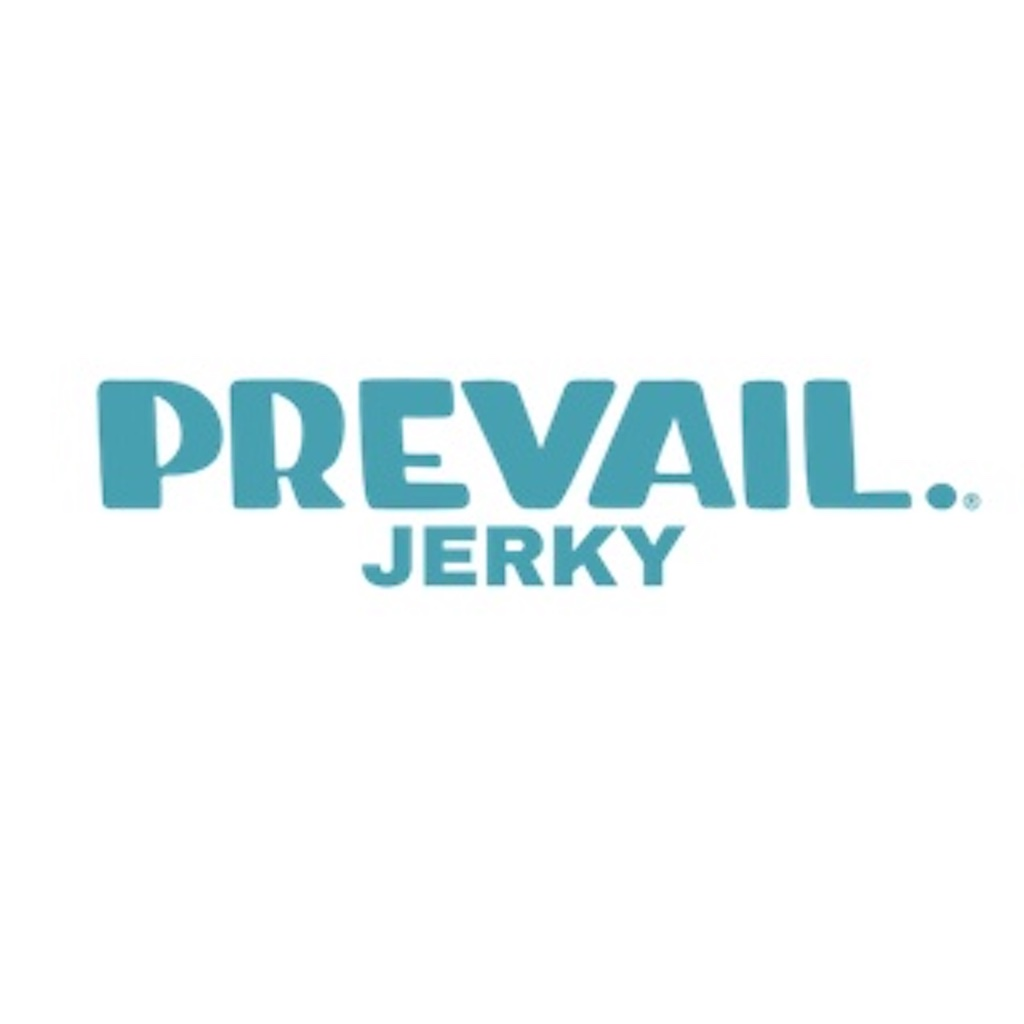
Prevail Jerky
Looking for the perfect snack that's both healthy and delicious? Look no further than Prevail Jerky! Our beef jerky is made from beef produced from only grass-fed, grass-finished cattle, ensuring that you get the best taste and quality possible.
We believe that beef cows that are raised on a strictly grass-fed diet are not only healthier for the cows themselves, but produce meat that's leaner and full of flavor. So if you're a fan of savory, protein-packed snacks and care about where your food comes from, give Prevail Jerky a try. We guarantee you won't be disappointed!
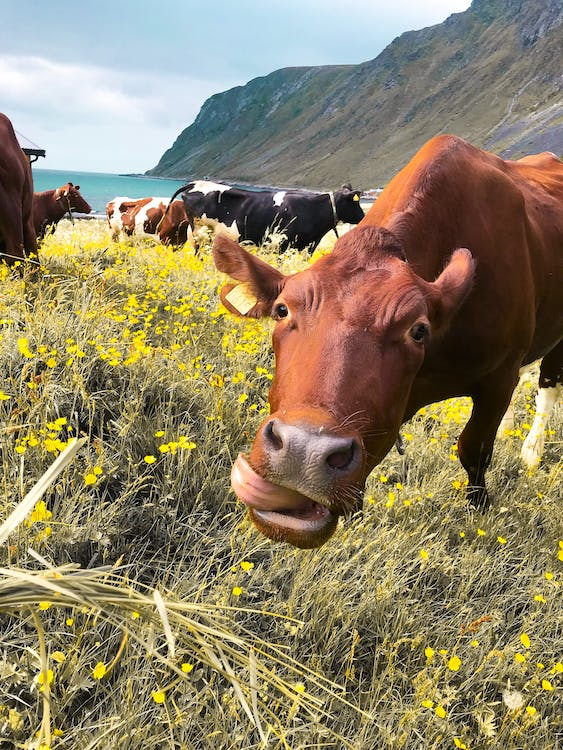
Conclusion
Cattle farming can be a part of the solution in the fight against climate change and environmental degradation. Sustainable grazing practices, working with nature, reducing food waste, natural fertilizer, and employment opportunities are all benefits of well-managed and sustainable cattle farming practices. By supporting sustainable cattle farming, we can contribute to a healthier and more sustainable future for our planet, ourselves, and our future generations.



